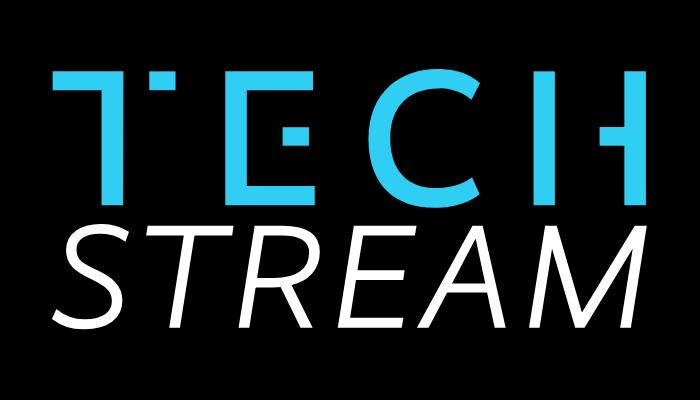Rather than just playing defense, how can democracies can go on offense against disinformation? That’s a question Alina Polyakova, the CEO of the Center for European Policy Analysis, and Daniel Fried, the Weiser Family Distinguished Fellow at the Atlantic Council, try to answer in their new paper, “
Democratic Offense Against Disinformation.” On this episode of Lawfare‘s Arbiters of Truth series on platforms and disinformation, Quinta Jurecic sits down with Polyakova and Fried to consider what it would mean for democracies to take the initiative in combating foreign purveyors of disinformation.
The Brookings Institution is committed to quality, independence, and impact.
We are supported by a diverse array of funders. In line with our values and policies, each Brookings publication represents the sole views of its author(s).







Commentary
Podcast: How democracies can go on offense against disinformation
December 4, 2020